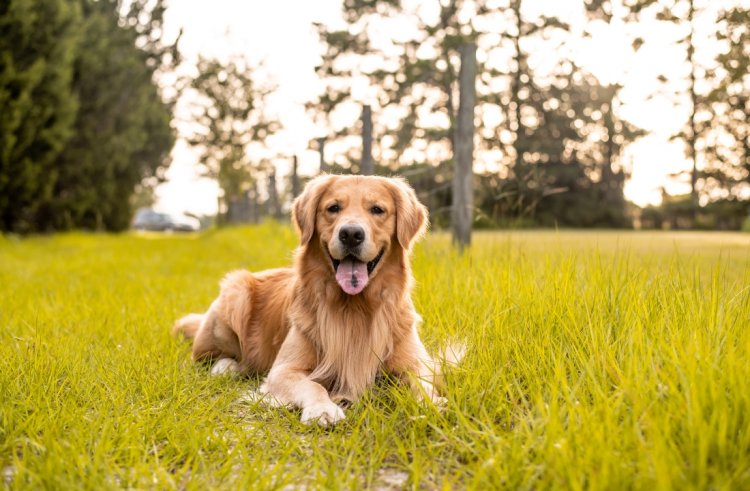Alert! Canine influenza in dogs causes respiratory disease!
Alert! Canine influenza in dogs causes respiratory disease!
Updated on November 26, 2022 02:28 AM by Anna P
Canine influenza is influenza occurring in canine animals. It is caused by varieties of influenza A, such as the equine influenza virus H3N8 which was discovered to cause disease in canines in 2004. It is a contagious disease in dogs">dogs caused by specific Type A influenza viruses known to infect dogs. No humans got affected by canine influenza.
Different influenza A dog flu viruses are:

H3N8 virus
H3N2 virus
Veterinarians in North Texas closely watch respiratory illnesses, including Kennel cough and canine influenza. Symptoms of this influenza include cough, fever, sneezing, a refusal to eat, and nose discharge.
Add Block
Confirmed cases!
For the past month, in North Texas, The Texas A&M Veterinary Medical Diagnostic Laboratory documented 2 cases of dog flu and 3 cases in Dallas County. According to an IDEXX report, North Texas has seven confirmed cases of canine influenza.
H3N2 Virus!
According to the Centers for Disease Control and Prevention, Canine Influenza is a respiratory disease that spreads easily among dogs. In 2015, in the U.S., the H3N2 strain of the virus was first detected in dogs.
Add Block
Hardest hit!
Chicago and the surrounding areas experienced the hardest hit, with over 1000 cases reported in Illinois and neighboring states. In over 30 states, Canine influenza has been confirmed, including Michigan, California, New Jersey, Iowa, Massachusetts, New York, Indiana, Wisconsin, Alabama, and Texas.
Most of the dogs with canine flu will show symptoms. Mild canine flu symptoms are cough, running nose, and extended periods of lethargy. Severe forms of symptoms such as high fever and pneumonia.
Report by doctors!
Dr. Sonya Hansen of BluePearl Pet Hospital North Texas in Lewisville said, 'It can be viruses and bacterial infections and it can present very similarly, so we often don't know which one, particularly a dog, is being affected with.
Dr. Sandy Young, who works with Hansen, said, 'If you notice your dog has something like nasal discharge, coughing, sneezing, I will not bring your dog to any dog park or gathering event.
Hansen added, 'It is highly contagious, so it's spread from dog to dog, and it's usually spread in respiratory secretions, so through the cough and sneeze’. He added, 'Humans don't need to worry about getting sick from their dog’.





